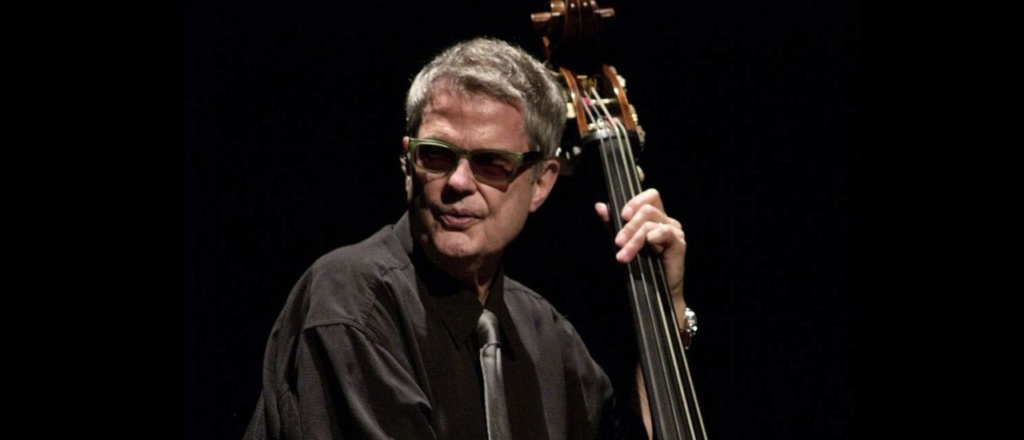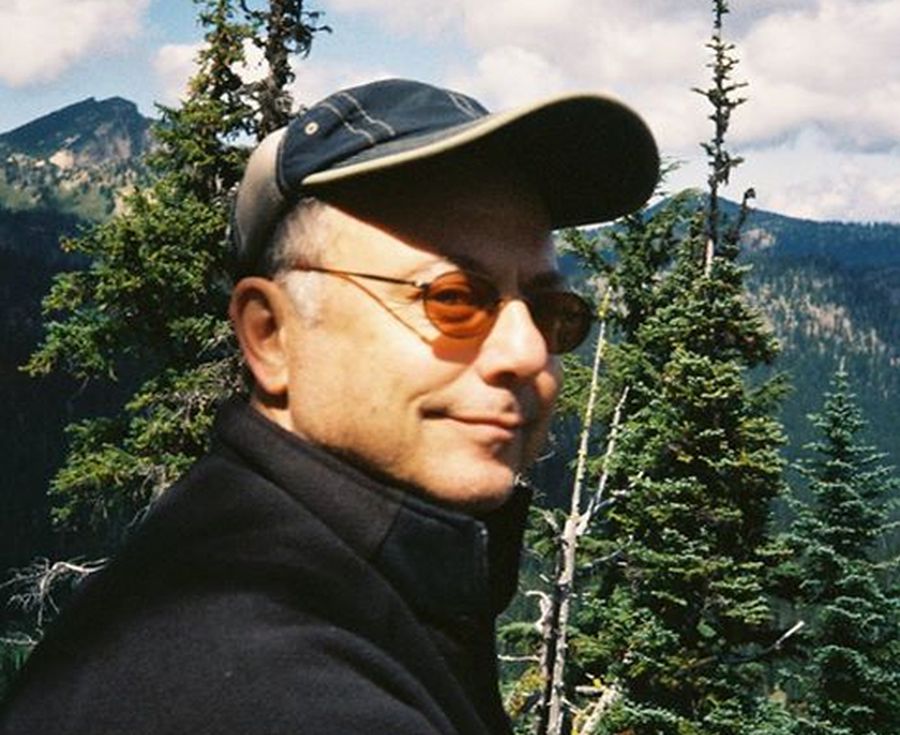The Jazz River — Charlie Haden, A Bass for All Seasons Part 2
 Bassist Charlie Haden said, “…I want to be around people who are really deep human beings that care about art and creativity. That’s why I really love jazz musicians because that’s who they are. The guys playing jazz, and even people who love jazz and listen to it, are special people who have great ears and, because they have great ears, they also have great eyes.”
Bassist Charlie Haden said, “…I want to be around people who are really deep human beings that care about art and creativity. That’s why I really love jazz musicians because that’s who they are. The guys playing jazz, and even people who love jazz and listen to it, are special people who have great ears and, because they have great ears, they also have great eyes.”
If there was a more versatile bassist in all of music than Charlie Haden I wouldn’t know who. He recorded with John and Alice Coltrane, Chet Baker, Joe Henderson, as well as Ringo Starr, Elvis Costello, and Rickie Lee Jones. Along with Don Cherry, and Billy Higgins, he was part of Ornette Coleman’s group bringing Avant Garde into jazz, and later and part of Keith Jarrett’s acclaimed American Quartet. His own bands included the Liberation Jazz Orchestra, which served as a vehicle to shine a light on pressing issues in the world, his Quartet West, often arranging numbers to celebrate the golden age of Hollywood, as well as a stunning trio and duo work. And yet his roots were in country music.
From age 2 to 15 he performed with his family making ‘Hillbilly’ music and regularly on the Grand Old Opry. He was literally born into that world and grew up singing. He had to stop around 15 when he contracted polio that affected his vocal cords. Around that time, he began sneaking in to play his older brother’s bass when he wasn’t around. Born in Shenandoah Iowa and grew up in Missouri, like many others he discovered jazz on the radio and when he went to Omaha Nebraska to see Jazz at the Philharmonic with Charlie Parker, Billie Holiday, and Lester Young, he was hooked. He turned down a music scholarship at Oberlin Conservatory because they didn’t have a jazz program (this was in 1956) and instead moved to Los Angeles to attend Westlake College of Modern Music. What he really wanted was to meet his favorite pianist Hampton Hawes who lived in L.A. He was all of 19 years old.
A chance meeting with bassist/pianist Red Mitchell opened the door to the jazz scene (including meeting Hawes) and launched his professional life as a jazz musician. Shortly thereafter he met Ornette and thus began their revolutionary (there really is no other word) re-invention of jazz as spontaneous creative music that shook up the world, delighting some and threatening others along the way.
Restless, and ever searching for new creative challenges over his lifetime Haden explored Spanish, Mexican, Portuguese, Brazilian, and even Gospel music before coming full circle to record a bluegrass and country album with his own family and extended friends. Dozens of honors, several Grammy’s, and an NEA Jazz Master award, he was the subject of one documentary and even started his own school, Charlie Haden set a standard for bass playing that may not be matched.
Tune in on Sunday, January 23, at 5 pm when The Jazz River presents part two of a look at Charlie Haden, A Bass For All Seasons. Only on KUVO JAZZ!
Stay connected to KUVO’s programs and our community’s activities: Sign up for the station’s Oasis Online E-newsletter today!
Become a Member
Join the growing family of people who believe that music is essential to our community. Your donation supports the work we do, the programs you count on, and the events you enjoy.
Download the App
Download KUVO's FREE app today! The KUVO Public Radio App allows you to take KUVO's music and news with you anywhere, anytime!
